Here's what separates the truly great VPNs from the merely good
Five key ingredients that make top VPNs stand out from the crowd
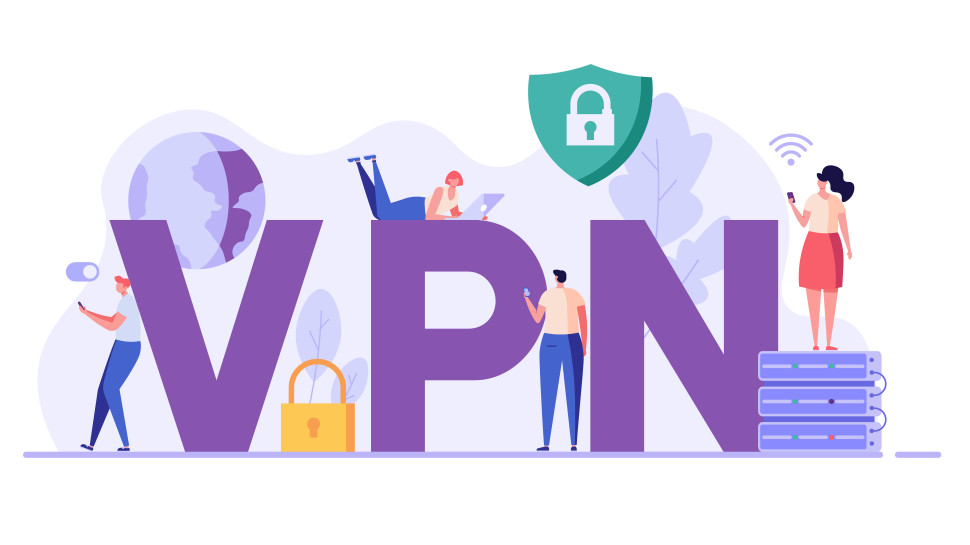
Sign up for breaking news, reviews, opinion, top tech deals, and more.
You are now subscribed
Your newsletter sign-up was successful
It's VPN update season again, and we've been hard at work finding out exactly who is the fastest, who unblocks Netflix, and generally which are the best VPNs right now?
But our updates aren't just about the big-name providers. We also revisited some smaller VPNs for the first time since 2020, noticed what's changed and, sometimes more importantly, what hasn't.
What we discovered went well beyond the scope of one or two reviews, and gave us interesting answers to a very important question: what's the difference between a good and a great VPN?
1. Public audits
Connect to a VPN and you're allowing the service to handle all your most confidential internet activities, so it's important to know this is a company you can trust.
Big names like ExpressVPN, NordVPN, Surfshark, TunnelBear, Mullvad, IVPN and IPVanish have reassured potential customers by putting themselves through VPN audits, where experts analyze their apps and systems and report on the results.
Although no audit can completely prove a company is honest, they're the best evidence we're likely to get, and we hoped most providers would quickly take audits of their own.
Revisiting our 2020 reviews for some smaller providers, though, showed this was, well, a little optimistic. WeVPN previously said it was planning to have an external audit by the fall of 2020, but 18 months on, it still still hasn't facilitated a full infrastructure, security or no-logging audit (with only its Android app being certified), and none of the other providers had signed up for one, either.
This isn't about condemning small companies for this. Audits are expensive; maybe they just can't afford one. But what it does say, is we should give more credit to providers who have put themselves through audits, and committed to keep doing that on a regular basis. That's rare, and shows a transparency you'll only see with the top VPNs.
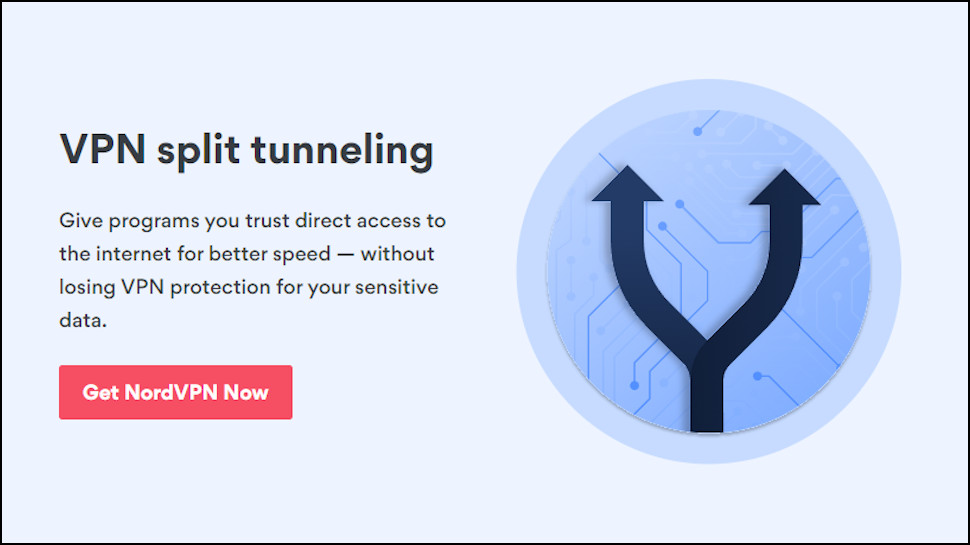
2. Features everyone can use
Early VPNs were aimed at expert users, and providers tried to win them over by supporting all kinds of advanced technical tweaks: a choice of encryption algorithm, pick your own connection ports, enter custom OpenVPN directives, and so on.
These features have value, but they're mostly about fine-tuning your connection for very specific circumstances. They don't add much new to the service and most people (even experts) will never need or use them at all.
Other providers focus on more accessible features, which can often transform how the service works for all levels of user. An option to automatically connect when you access untrusted networks ensures you're always protected, for instance. And if some apps don't work with the VPN, split tunneling allows you to route their traffic through your regular connection, instead.
What our reviews show over time is that VPNs with split tunneling, smart auto-connect and similar features are far less common that services which focus on connection-related technical tweakery, and even very capable VPNs don't always add these tools quickly. TorGuard has been working on split tunneling for a very long time, but still isn't there yet.
As with audits, this isn't as much about criticizing providers for not having a particular feature, as giving real credit to services that are more fully equipped. Even if you don't need something like split tunneling right now, look out for it in a VPN feature list: this shows development skills and resources that you won't get with most providers.
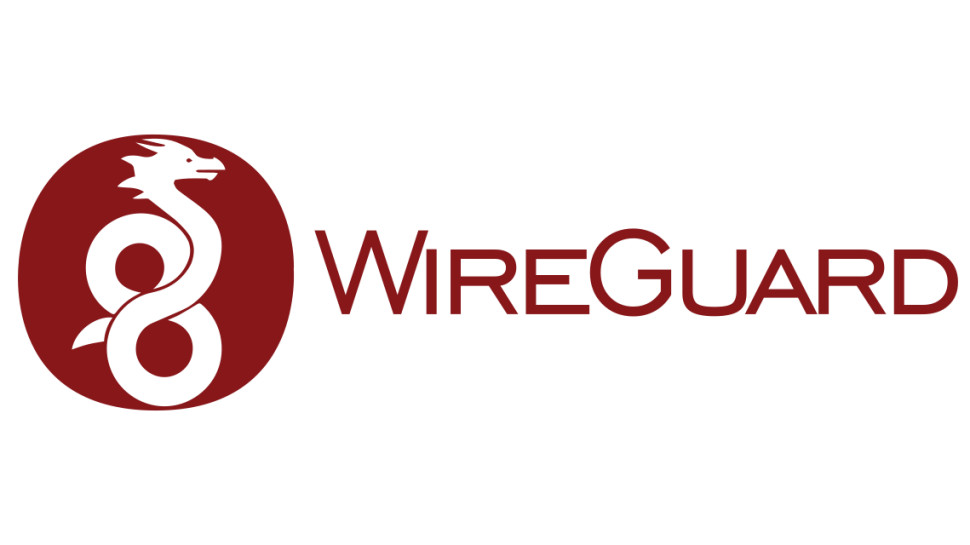
3. VPN power on every platform
VPN features are important, but there's another important issue to consider: where can you use them?
Some providers focus their attention on Windows. They'll produce a lengthy list of app features, but many won't make it to the Mac or mobile devices.
Our recent reviews showed this isn't always obvious to potential customers. Visit the PrivadoVPN Features page, for instance, and the site explains users can 'choose between leading VPN protocols like OpenVPN, IKEv2 and WireGuard...' Sounds great, so you sign up, install the Mac VPN app, and discover WireGuard isn't available on Mac, yet.
We see the same issues with many providers, and there are some technical reasons behind them. Each platform has its own challenges for developers, and getting advanced features implemented on all main desktop and mobile devices isn't easy.
It is worth paying attention to how a VPN performs across platforms, though, even if you'll only be using it on a Windows laptop, an iPhone or the latest Samsung Galaxy. If a review praises an iOS or Android VPN app for near desktop levels of power, that's a sign of a VPN with real resources that is trying to deliver the best possible service for everyone.
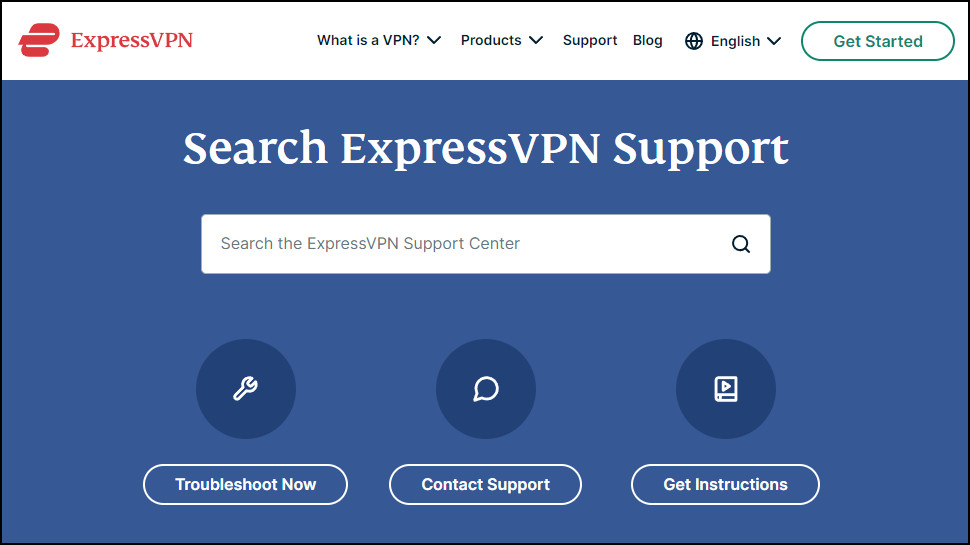
4. Support sites which offer real support
No matter how many years you've been using VPNs and how expert you are in low-level network tweakery, you'll occasionally need some help (that applies to us, too!)
A good support site is essential, even if your provider has live chat. Talking to a support agent can help solve tricky technical problems, but if you want to understand a powerful new feature, or learn how to perform some lengthy technical task (set your VPN up on a router, say), there's no substitute for a well-written tutorial you can follow at your own pace.
The problem is that a good support site needs a lot of well-written and often lengthy articles. Many providers don't have the resources or experience to produce the library of content their customers need, and our review experience shows rarely changes over time.
WeVPN's support site articles didn't have much detail in 2020, for instance, and the latest articles are almost as basic. The 'How do I install WeVPN?' guide says little more than 'buy a subscription, download and run the installer and follow the instructions', for instance.
The next time you're checking out a new VPN provider's website, click the Help or Support link, just take a quick glance. If you just find a simple FAQ, okay, that might be enough. But if you see ExpressVPN or NordVPN levels of in-depth setup and troubleshooting guides, pay extra attention: a quality web knowledgebase could save you a lot of time and hassle, later on.
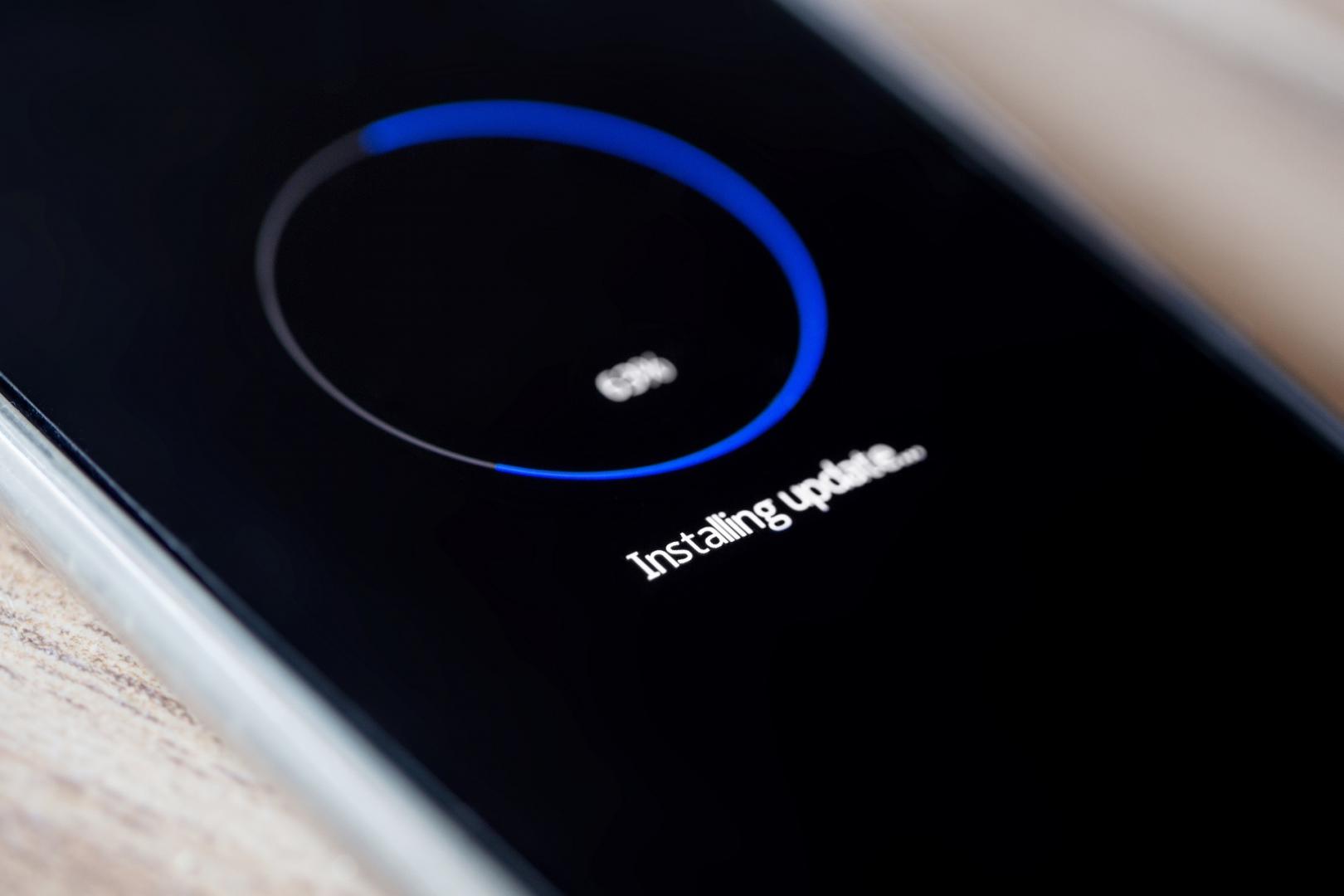
5. Fast and frequent fixes
No VPN gets it right all the time. Even if a provider ticks every one of the boxes we've covered here, they might still miss the occasional bug in an app update, or see a bunch of their servers go down all at the same time.
The goal here isn't perfection, it's about constantly improving the service, then listening to customers, picking up and dealing with problems just as soon as they appear.
Looking at the frequency of app updates is a simple way to compare just how hard a provider is working on improvements. We check this in reviews, and the answer is sometimes 'not very.' As we write, TorGuard's last Android release was 248 days ago, and Astrill VPN has only had one iOS update in the past five years. (They both score much better on other platforms, fortunately.)
It's far more useful to know which providers really deliver, though, and there are plenty of those. We've found VPNs with open-source software tend to have the most regular updates: as we write, IVPN, Private Internet Access and ProtonVPN have all released multiple updates in the past week.
To check this for yourself, browse App Store version histories or explore the provider's website for details. ExpressVPN's Release Notes page shows the company releases updates every week or two for most platforms, for instance. Even if you don't care exactly how it tweaked the Android app last Tuesday, that's still good news, as it's a strong sign that any future app bugs or problems will be fixed at very high speed.
Correction: June 15, 2022
An earlier version of this article incorrectly suggested that WeVPN had carried out no independent audits of its service. The WeVPN Android app has been certified for following the best security practices by both Google and the ioXt Alliance.
Sign up for breaking news, reviews, opinion, top tech deals, and more.

Mike is a lead security reviewer at Future, where he stress-tests VPNs, antivirus and more to find out which services are sure to keep you safe, and which are best avoided. Mike began his career as a lead software developer in the engineering world, where his creations were used by big-name companies from Rolls Royce to British Nuclear Fuels and British Aerospace. The early PC viruses caught Mike's attention, and he developed an interest in analyzing malware, and learning the low-level technical details of how Windows and network security work under the hood.